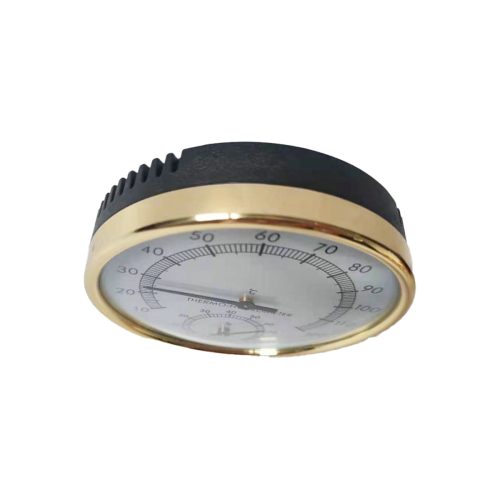Thermometers play a crucial role in environmental science by measuring temperature variations across various natural systems and human-influenced environments. Their applications in environmental science are diverse and essential for understanding and monitoring the Earth’s changing climate, ecosystems, and weather patterns. Here’s how thermometers intersect with environmental science:
- Climate Monitoring and Climate Change:
- Thermometers are vital tools for measuring and recording temperature changes over time. Data collected from thermometers contribute to long-term climate records, aiding in the analysis of global temperature trends and patterns.
- Climate scientists use temperature data from various sources, including weather stations, satellites, and ocean buoys equipped with temperature sensors, to assess how climate change impacts different regions and ecosystems.
- Weather Monitoring and Forecasting:
- Thermometers are fundamental instruments in weather stations used to monitor and predict short-term weather patterns. They provide critical temperature data that, along with other meteorological measurements, helps in creating weather forecasts and understanding local climate conditions.
- Ecosystem Monitoring and Biodiversity Studies:
- Thermometers aid in monitoring environmental conditions that influence ecosystems, such as temperature changes in forests, oceans, rivers, and wetlands. These measurements help assess the impact of temperature variations on biodiversity, species distribution, and ecological processes.
- Water Quality and Aquatic Ecosystems:
- Thermometers are utilized to measure water temperatures in rivers, lakes, oceans, and streams. Fluctuations in water temperature affect aquatic life and can indicate changes in the health of aquatic ecosystems. For instance, temperature changes can impact fish habitats, spawning, and overall ecosystem stability.
- Natural Resource Management:
- In agriculture, forestry, and natural resource management, thermometers are used to monitor soil temperature, which is crucial for planting, crop growth, and understanding soil health. Temperature data helps optimize agricultural practices and manage natural resources sustainably.
- Urban Heat Island Effect Studies:
- Thermometers are employed in studies focusing on the urban heat island effect, where cities experience higher temperatures compared to surrounding rural areas. Monitoring temperature variations within urban environments helps in understanding heat distribution and its impacts on human health, energy consumption, and urban planning.
- Remote Sensing and Satellite Technology:
- Satellite-based sensors equipped with infrared technology function as thermometers in space, measuring Earth’s surface temperatures. These remote sensing technologies provide a broader perspective on global temperature changes and help monitor large-scale environmental phenomena.
In summary, thermometers serve as critical tools in environmental science, providing essential temperature data that contributes to understanding climate patterns, ecosystem health, natural resource management, and the impacts of human activities on the environment.


